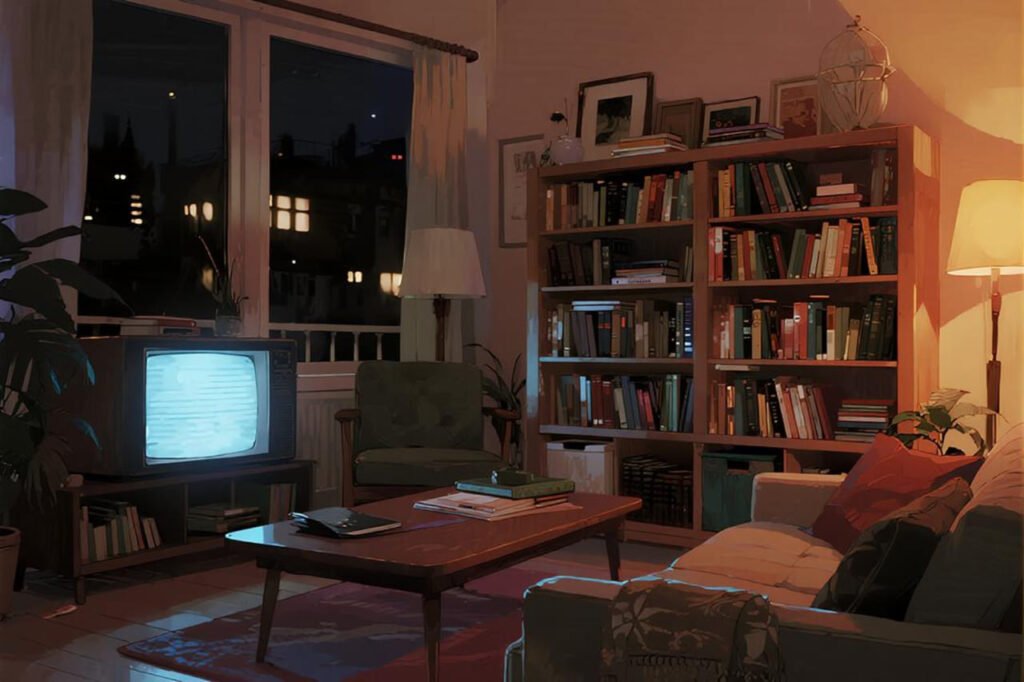Stories That Traveled from Page to Screen
Many beloved shows hide a literary heart beneath their flashy openings and cliffhanger endings. Writers and producers often pull from novels that slipped under the radar until a television adaptation brought them into the spotlight. A paperback gathering dust on a shelf can transform into a script that keeps millions tuned in week after week.
Hidden gems can be elusive though and when books are missing elsewhere Zlibrary can help fill those gaps. It becomes a bridge between readers and the sources behind hit series that might otherwise remain out of reach. The screen may dazzle with action and drama but the original words often hold an even deeper sense of atmosphere.
The Surprising Origins of Fan Favorites
Some dramas that feel entirely modern actually draw from older works. The show “Boardwalk Empire” grew from Nelson Johnson’s “Boardwalk Empire: The Birth High Times and Corruption of Atlantic City” which paints a portrait of a city built on politics and chance. Few would suspect that a dense history book could set the stage for a series filled with mobsters and betrayal.
Another example is “Orange Is the New Black.” It all began with Piper Kerman’s memoir “Orange Is the New Black: My Year in a Women’s Prison.” On screen it became a cultural moment that sparked conversations about justice identity and community. What began as one woman’s account shifted into an ensemble story that continues to resonate.
To see how wide the net of adaptation can be consider this short list of stories that gained new life through television:
● “The 100” by Kass Morgan
The dystopian setting of “The 100” imagined a group of young survivors returning to a ravaged Earth. The novels carry a raw energy and dive into inner conflicts often left in the background of the show. Readers discover relationships and themes that play out with subtle differences. These shifts highlight how adaptation molds the pace and focus of a narrative.
● “Sharp Objects” by Gillian Flynn
The novel “Sharp Objects” is a dark study of family secrets and small town tension. HBO’s series followed closely but the book lingers more on psychological scars. Every page drips with unease in a way that no camera angle can fully capture. Reading it can feel like peeling back layers of paint only to find more cracks underneath.
● “Big Little Lies” by Liane Moriarty
What looked like a soap opera of suburban rivalries carried weighty issues about truth and violence. The novel had a different rhythm and a stronger focus on certain perspectives. Readers of the original text see nuances that even the best acting cannot replicate. Books often reveal motives that stay hidden in the show’s script.
These examples show how much is waiting when one steps beyond the screen into the written word. And while streaming services change trends daily the novels remain steady companions.
How Adaptations Change the Conversation
Adapting a book into a series always requires choices. Some characters fade into the background while others grow into leads. Entire subplots may vanish because pacing rules the screen.
With Zlib readers gain the chance to explore what was left on the cutting room floor. That shift from one medium to another can spark debates over what defines the “real” story.
Take “The Witcher.” Andrzej Sapkowski’s collection of tales created a layered universe long before streaming brought Geralt’s world into focus.
The books explore folklore philosophy and human weakness in ways that short episodes cannot. By comparing both forms it becomes clear how adaptation is a dialogue not a mirror.
Why Books Still Matter Behind the Screen
Television can turn a story into a phenomenon yet the written version holds a quiet power. A book asks for patience.
It gives space for imagination to color the world without a soundtrack or lighting tricks. Reading can feel like walking through the backstage door where every detail is laid bare.
The link between books and shows is not only about source material. It is about remembering that stories begin as words shaped on a page.
While actors deliver lines with charm and emotion the original narrative often carries shadows that never make it to the screen. A bookshelf may not glow like a screen but it can hold the spark that lights it.
